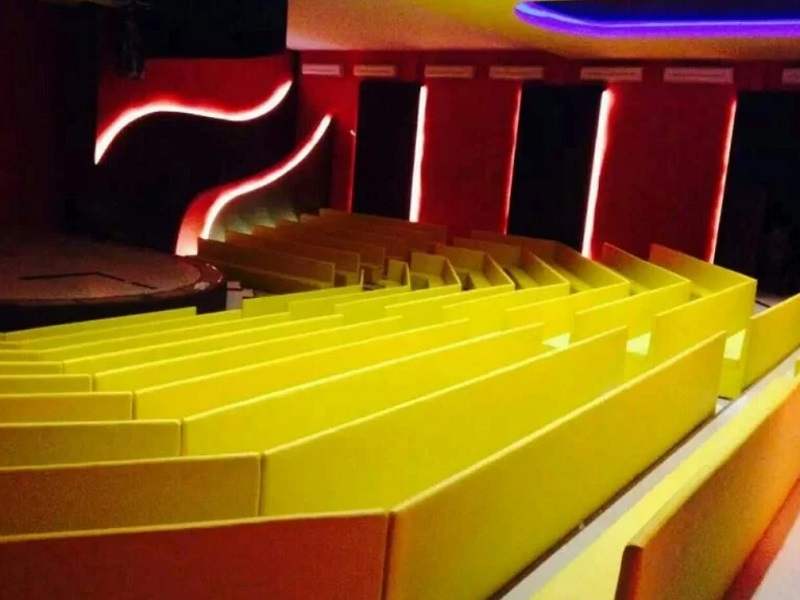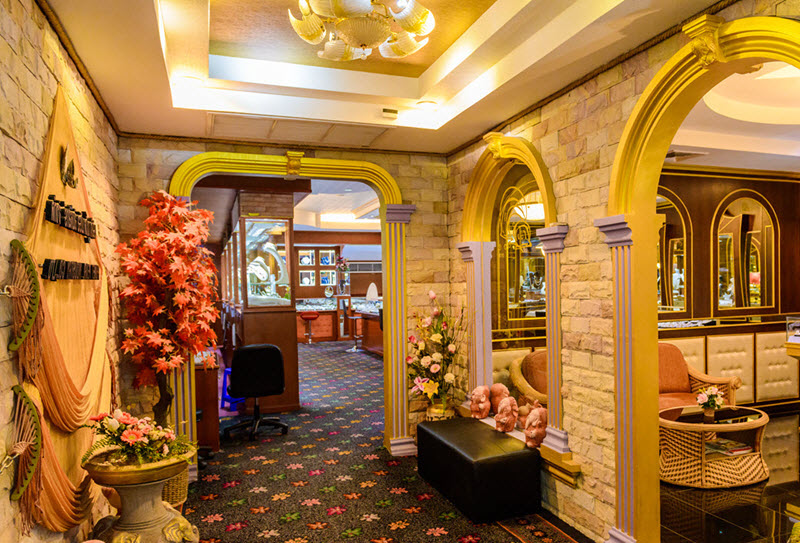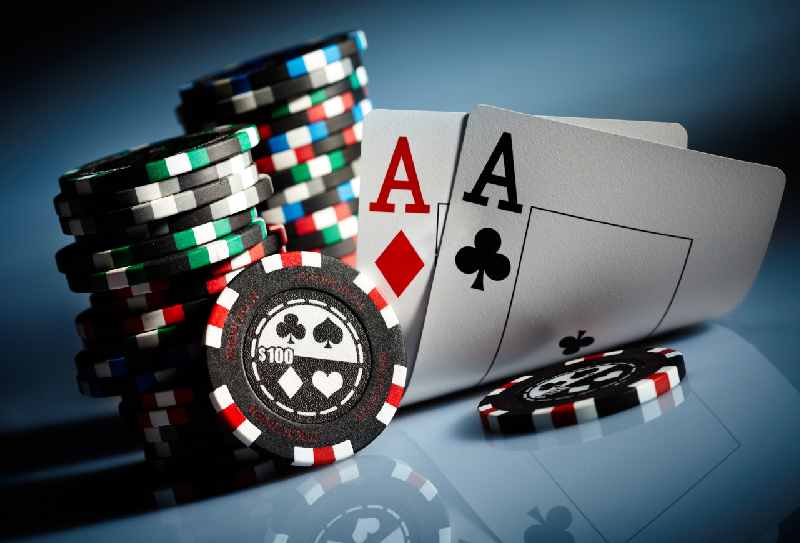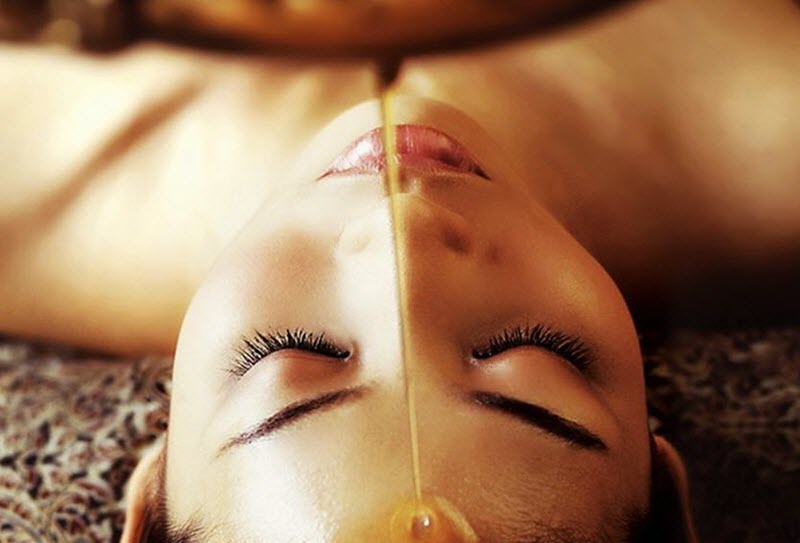- Home✖
- Tours & Activities❯
-
Price-list (PDF)
- All Phuket Tours & Activities...
- Islands, Sightseeing, Night Shows, Adventure, Fishing, Safari, Extreme, 1/2 Day, 1 Day, Diving, Snorkeling, Thai Cuisine Cooking Class, Photographer, Private Tours
- Yacht Rental
- Tickets
- Shopping❯
- view all shops...
- SPA
- Visa Service❯
-
- Transfers❯
-
view all destinations...
- Transfers to Islands
-
Phuket ↔ Phi Phi
Phuket ↔ Krabi, Ao Nang, Railay Beach
Phuket ↔ Koh Lanta
- Taxi❯
- Airline Tickets
- Online Support
- Up
The religion
Thai culture and traditions are closely connected with the religion. Religion plays an important role in Thai people's lives. Most residents of the Kingdom profess Hinayana religion (a part of Buddhism). The way of life of the Thais is determined by religious and social traditions, so tourists are obliged to respect them.
One of the oldest social traditions is the division of society into the classes according to the age, religiosity and official status. The material prosperity doesn’t matter.
The family
The family is the main thing for every Thai. People also respect the Royal family, which rules the country. You will never hear from Thai any unflattering statement about the king. Family relationships are based on strictness and respect for the elders. Men and women have equal rights in everyday life, but in the religion, men are considered to be superior. Only men can obtain such an honor as to become a monk.
The Temple
The statue of Buddha is the main symbol in Buddhism. Each temple is decorated with its own statue and images of God. Thais believe that the construction of the temple is a great accomplishment. For this reason, over 20,000 temples were built all over the Kingdom. The Thais do not restore the old temples, they just build the new ones. The appearance of the visitors should be suitable. Women should wear a headscarf, all visitors are required to take off their shoes in front of the entrance. Before you take a photo, you need to ask a permission from a monk.
Wat Pra Tong Temple
"Home of the Golden Buddha" is a complex of 5 buildings with a dining room and monks house. The temple is located near the Thep Krasattri highway. The main feature of this place is the unique bust of the Buddha with head and chest only.
This statue is associated with many legends that the Thais can tell to the tourists. According to one of these legends, there was a meadow on the temple’s territory. A young shepherd decided to have a rest and tied his cow to an iron pin which was sticking out of the ground. The next day, the boy suddenly died. His father saw the God in his dream on the same night.The God told that his son was punished for the mockery of the God. On the next day father went to the meadow and saw that the iron pin was the top of the statue of Buddha. The man tried to dig it out. He managed to dig out only head and chest of the statue. Than he fell down and died. And later on everyone who tried to dig up the gold statue died. It was decided to build a building around the statue, so that not to evoke the wrath of God. Later the Golden statue was covered with a layer of clay so that to protect the temple from the Burmese conquerors.
Nowadays, the bust of the Great Buddha has retained its original appearance and attracts tourists from around the world.
The Wat Chalong Temple
Wat Chalong (original name Wat Chaiyatararam ) is located in the South of Phuket. This is a complex of buildings, some of which are closed for visiting. "Stove for firecrackers" is built near the entrance to the territory.The Thais blow firecrackers in this stove so that to scare away evil spirits.The complex consists of Vichama, monks house, the Abbot house, the building for congregation, crematorium and Museum with wax figures of all the abbots. The buildings are decorated with plants, images of Buddha and his statues.
There are beautiful figures of elephants at the entrance to the temple. You can take a photo and rub their tummies. There is a belief that this will lead to pregnancy.
Also you can predict your future with the help of a special container and sticks with numbers. If you drop one of the sticks, you will get a prediction according to its number.
The highlight of the complex is the Phra Mahathat Chedi. It is a 60-m tall building Buddha's ashes and a fragment of his bones are saved by the monks in this building.
Communication with the Thais
Familiar gestures can have the opposite meaning in Thailand, so you should be careful. For example, the head is the most important part of the human body for the Thais. They believe that the soul of the Khvan lives in the head and protects the person. Touching the head is considered offensive, as well as a pat on the shoulder.
Another thing is a handshake. Hands have a lower status than the head, so touching the hands of the Thai, you will express the respect for him. You should not talk in loud tones or with an indignant expression.The Thais are very kind, soft and hospitable people, they don’t like rudeness and anger. Also you shouldn’t touch someone’s child, only his parents can do that.
There is a special attitude to the birth of a child and the death of a person in Thailand. After three days the baby was born, all relatives gather in the house to attract spirits who would protect him. A month later, the baby’s hair is cut to clear his head from the maternal ways.
Death is not sad event for the Thais. They believe in reincarnation and the transition of man to another dimension, where he will find his happiness. It is forbidden to hold the cremation on such days as Mondays (Teacher's day), Thursdays and Saturdays (weekends).
Holidays in Thailand: Songkran
Folk and religious holidays play an important role in the lives of the Thais. One of the most exciting events is the Thai New year, or Songkran celebrated on 13th-15th April. At the new year's eve, all people clean their houses and burn all rubbish so that to leave all bad things in the last year. The first day of celebration is called Wang NAU - the time of cooking, construction and decoration of Chedi in the temple. Then the Thais go to the temple to carry their meals to the monks. After lunch Buddha statues are washed with water in all temples and houses. Than people start pouring everyone with water. The Thais believe that by pouring with water they wash away all the bad energy and they can step into the new year clean. Real water battles happen in the streets. There are barrels of water everywhere, and almost everyone is "armed" with a water gun or a bucket with water. Another sign of blessing is to coat a person with talcum powder. If you are going to celebrate Songkran, you should get ready for such rituals and hide all valuables in a waterproof bag. You shouldn’t refuse the covering with talc. Traditions prohibit washing talc from your body by yourself. You need to wait until it comes down by itself and you will get the protection from all bad things during the next year.
Loy Krathong
This is one of the most beautiful and romantic Thai holidays, which is celebrated in November. Translated from the Thai language Loy Krathong means "Floating Boats", or " Holiday of lights". People thank the goddess of water for her gifts by launching boats with gifts and candles over the waters. Boats are made of natural ingredients, such as banana leaves, wood, salt dough.The Thais decorate their boats with fresh flowers and fruits. This period is considered to be the end of the rainy season and the beginning of drought. Millions of people of different classes and ages gather near the water and launch their krathongs. If you cut your nails or hair and put them in the boat, your troubles and sadness will float away.
Couples especially like this holiday because their Krathongs can carry their wish to have a happy family to the gods.
The celebration is accompanied by fun fairs, delicious dishes and the launch of sky lanterns in honor of the Yi Peng festival. The competitions for the most beautiful boat are held.
Vegetarian festival
One of the most interesting and exotic events in Thailand is "Honoring of the 9 gods", or the Vegetarian festival, which falls on September or October by the Buddhist calendar. The history of the holiday begins in 1825, when the locals suffered from mass diseases of the fever. In that difficult period a large number of immigrants from China lived on the island. One Chinese theater group came to the country to play a performance. Artists fell ill and were unable to play the show. So that to feel better actors prayed to their gods and ate only vegetables. A miracle happened and all the members of the troupe felt better. Soon the news of an unusual cure spread throughout the Kingdom and gave rise to the festival of vegetarians.
The festival lasts several days and is accompanied by processions around the island with images of the gods, loud fireworks and playing drums. Loud noises must chase away evil spirits. During the festival residents visit Chinese temples, light candles and bring gifts to the gods-emperors. Before the beginning of the celebration, the monks clean temples and hang lanterns to invite the spirits of the emperors.
The main highlight of the festival is the procession of shamans and mediums - Ma Songs. The procession looks very scary, because the servants of the gods pierce their face and body with unusual things, for example with knifes. In such a painful way shamans absorb all negative energy so that to protect other people from evil. The Thais support Ma Songs and try to help them during the procession.
The culmination event is "the firecrackers attack". People in the colony are attacked by firecrackers. And the final ritual is the parting with the Emperor gods and leading them back to heaven.
TAXIPATTAYA DOT NET COMPANY LIMITED (Co. Ltd), 0205560035104, 215/36, Moo 6, Nongprue, Banglamung, Chonburi, Thailand 20150




Leave a comment